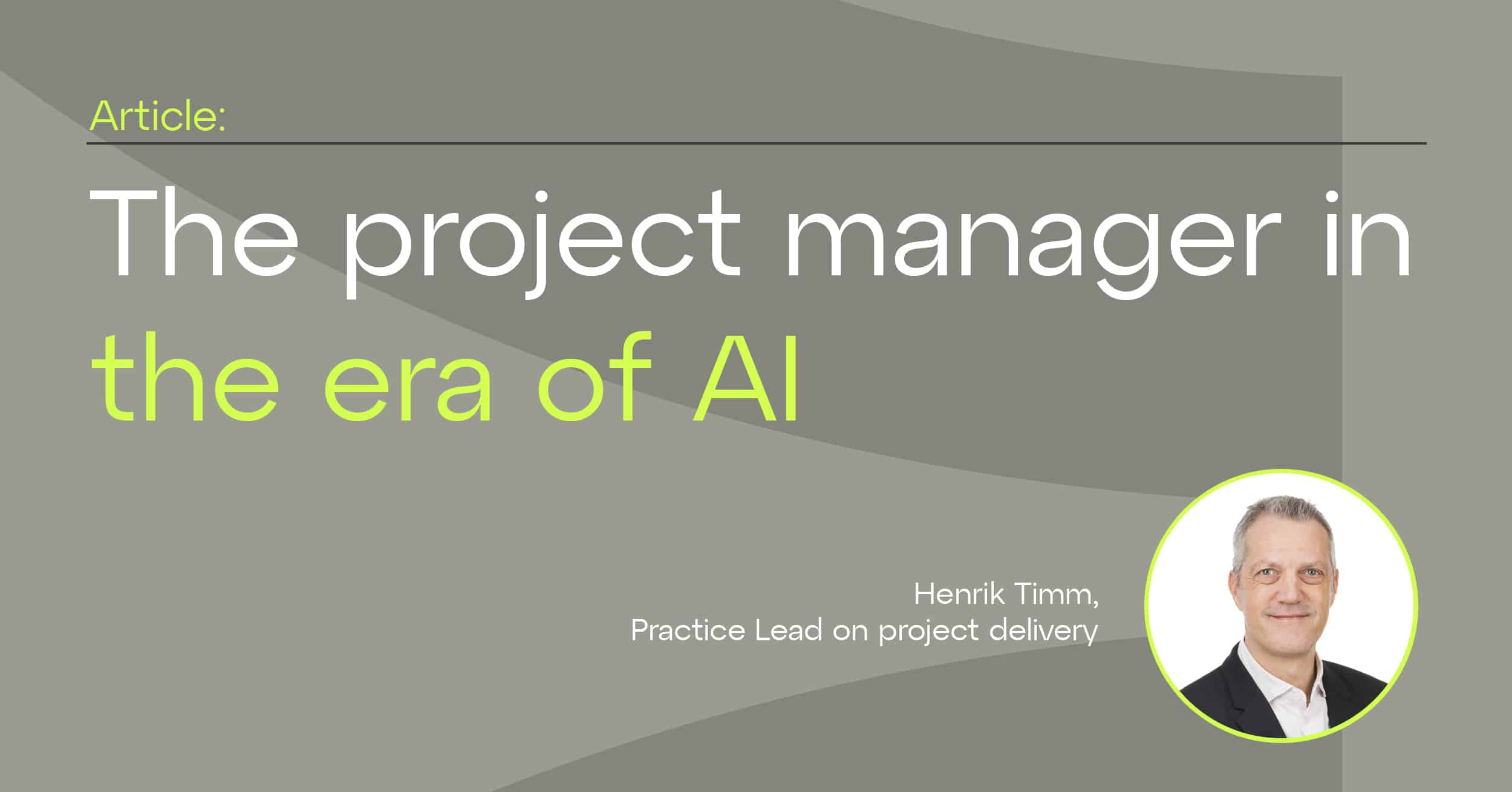Ask us how we can help you succeed.
Amid the wave of technological advancements being embraced by forward-thinking businesses across the globe, the debate of ‘AI versus human’ has also raged on.
Based on 2025 research, the World Economic Forum predicted that by 2030, 39% of key skills required in the job market will have changed, with technological skills projected to grow in importance more rapidly than any other skills in the next five years.
Read more about the research for the World Economic forum here.
Furthermore, it is estimated that as much as 85% of job roles that will be active in 2030 have not yet been created, and the majority of today’s students will hold positions that do not currently exist. This is in the context of some markets across the globe already experiencing significant skills shortages.
Read more about the estimated job roles for 2030 here.
Where will the future gaps be?
There is still plenty of speculation on what some roles of the future may look like.

























